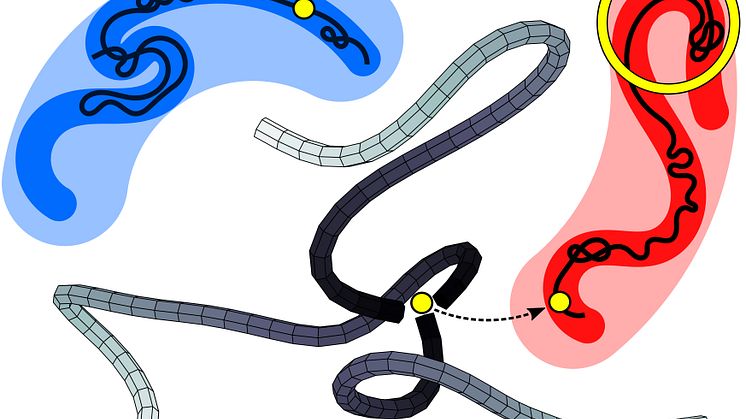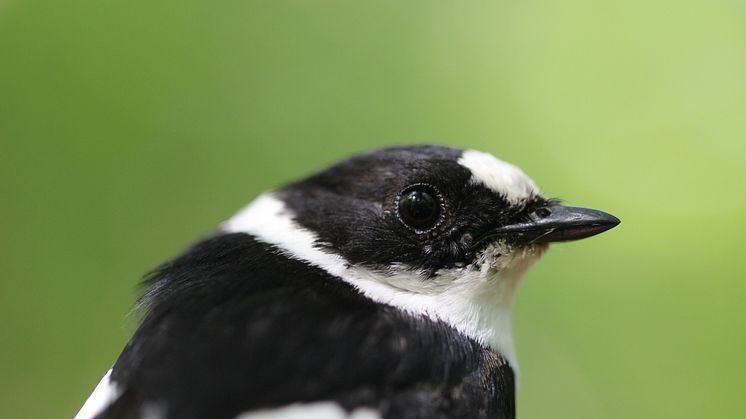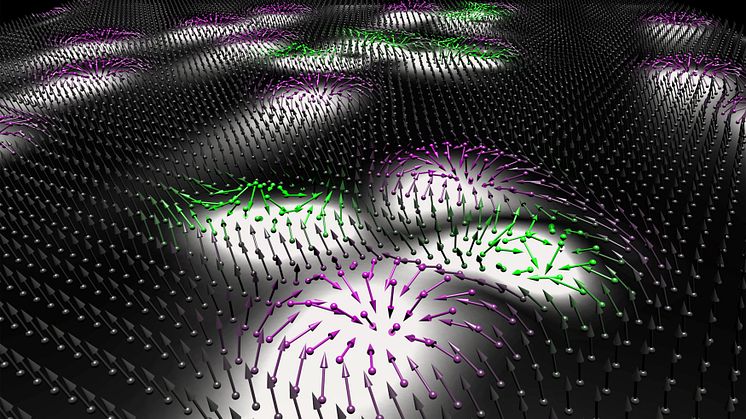New knowledge about retrovirus-host coevolution
Retroviruses have colonised vertebrate hosts for millions of years by inserting their genes into host genomes, enabling their inheritance through generations as endogenous retroviruses (ERVs). Researchers from Uppsala University now provide new knowledge about the long-term associations of retroviruses and their hosts by studying ERV variation and segregation in wild and domestic rabbits.


